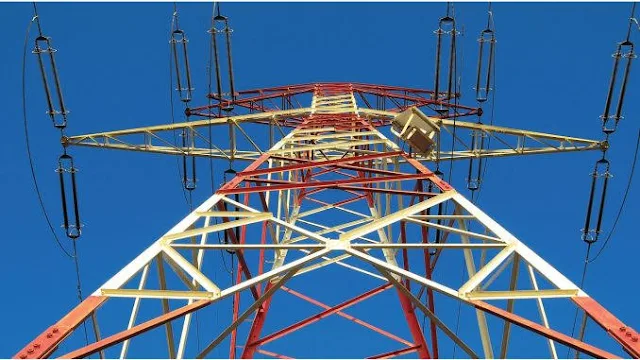Policy analyst raises concerns over ultra high voltage power lines, urges rethink on national energy strategy
Noted power and climate policy analyst Shankar Sharma has urged Union Power Minister Manohar Lal Khattar to reconsider the government’s ambitious plans to roll out an Ultra High Voltage (UHV) AC power transmission system. In a strongly worded letter, Sharma questioned the environmental, economic, and social implications of the proposed ₹53,000 crore investment, highlighting the need for a more sustainable, decentralized, and efficiency-oriented approach to energy infrastructure in India.
The plan, first reported by Swarajya Magazine, proposes the development of a national UHV transmission network, a move Sharma contends could lead to “massive ecological destruction,” particularly in sensitive regions like the Western Ghats and the Himalayas.
“The environmental and economic concerns of such a high-capacity power transmission system are too high to ignore,” Sharma stated. “India must question the very need for UHV lines at a time when the global energy transition is leaning towards decentralised and renewable energy systems.”
Sharma’s letter, also addressed to the Union Ministers of Environment, Finance, and the Prime Minister, criticizes what he sees as a lack of due diligence and public consultation before embarking on projects that demand large-scale land acquisition, especially in forest and agricultural zones.
According to Sharma, a single 1,100 kV transmission line requires a right of way of approximately 95 metres and would span hundreds of kilometers—posing a major threat to India’s diminishing natural landscapes.
“Do we, as a society, have the luxury to lose more forests and agricultural land?” he questioned. “The cumulative social and ecological costs of these projects could outweigh the benefits.”
Sharma pointed to projections by the Central Electricity Authority (CEA) that estimate a ₹4.75 trillion investment in power transmission infrastructure by 2027 to facilitate renewable energy integration. He argued that instead of investing in large-scale, centralized transmission grids, the country should promote distributed renewable energy sources like rooftop solar, small wind turbines, and community-based bioenergy plants—systems that are more cost-effective and environmentally sustainable.
“The future lies in mini and smart grids connected to local distribution networks. These can meet local demand, reduce transmission losses, and avoid massive capital and ecological expenditure,” Sharma said.
He also drew attention to the lack of focus on Demand Side Management (DSM) and energy efficiency in the national energy strategy, citing the failure to implement long-standing recommendations from the erstwhile Planning Commission and the draft National Resource Efficiency Policy (2019).
Quoting the Planning Commission’s Integrated Energy Policy, Sharma said,
“From a longer-term perspective, we need to relentlessly pursue energy efficiency and energy conservation as the most important virtual source of domestic energy.”
Highlighting the inefficiencies in the current energy ecosystem, Sharma lamented that neither the Ministry of Power nor NITI Aayog nor the Ministry of Environment appears serious about resource conservation or climate resilience. He warned that the pursuit of capacity expansion, without evaluating the utilisation of existing infrastructure, could lead to unsustainable outcomes for both the economy and the environment.
“Our policymakers seem interested only in building new capacity, while ignoring how efficiently existing systems function,” Sharma said. “This is unacceptable for a resource-constrained and environmentally vulnerable country like ours.”
He cited examples of environmental damage already visible in Coorg, the Western Ghats, and the Himalayas due to similar high-voltage transmission lines, calling for a national debate on the direction of India’s power sector policies.
Sharma concluded by urging the Ministry of Power to lead a rational, long-term, and environmentally sound strategy that prioritizes distributed renewable energy and resource efficiency. Copies of his letter have also been forwarded to the Prime Minister, the Finance Minister, the Environment Minister, and the Vice Chairperson of NITI Aayog.


Comments